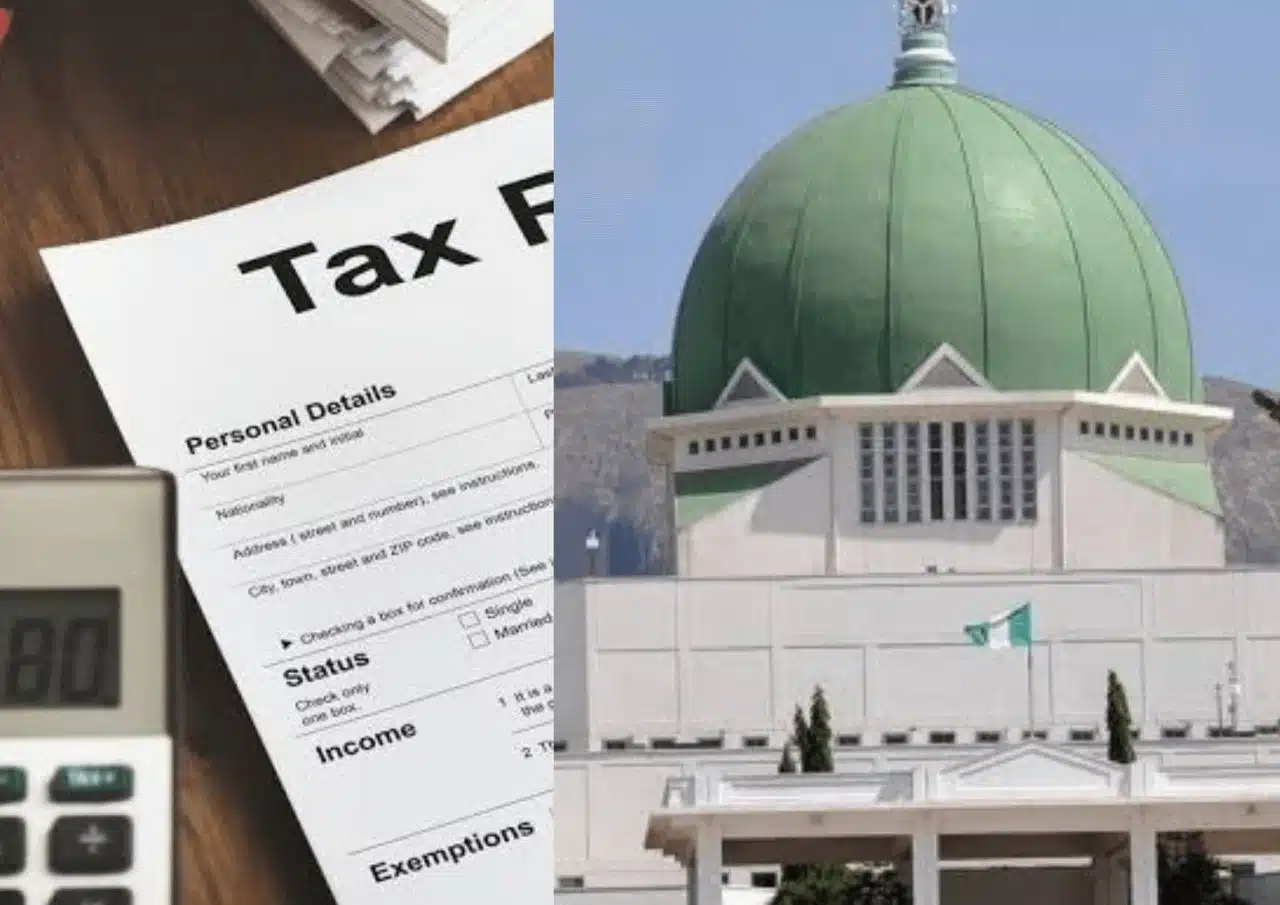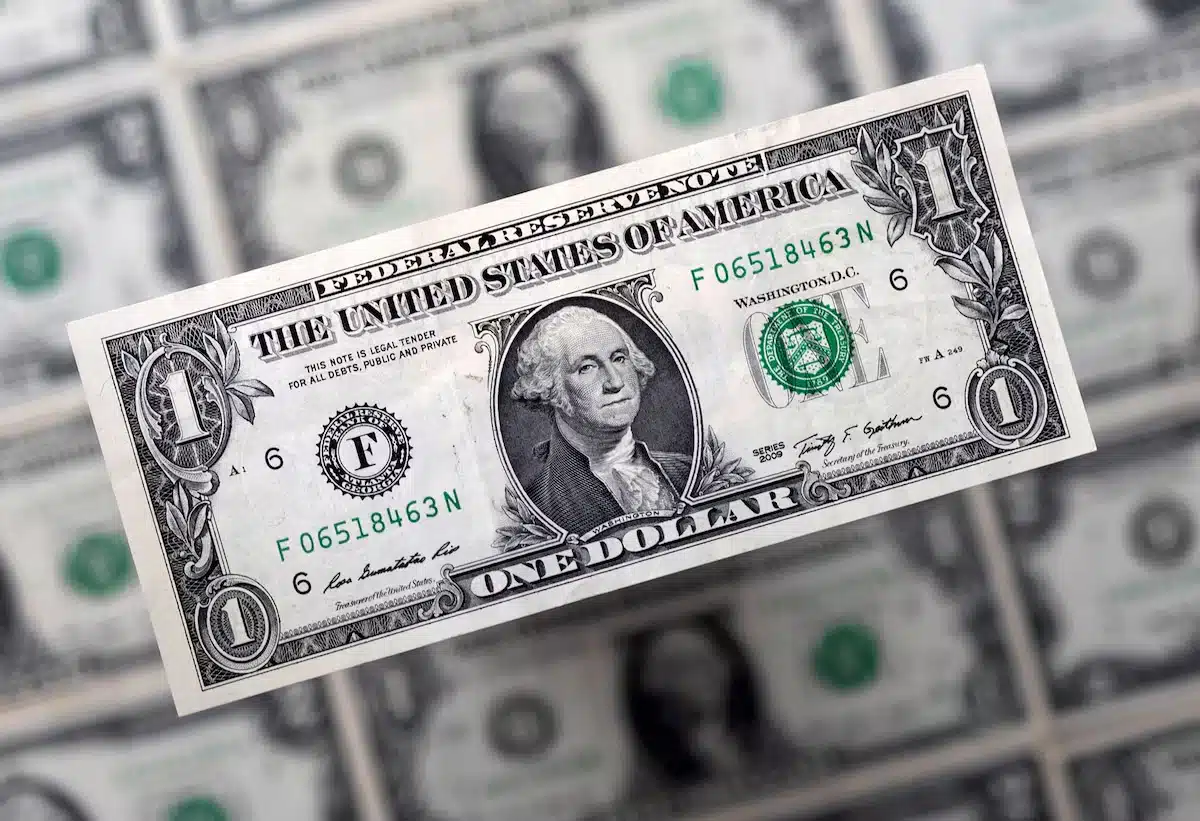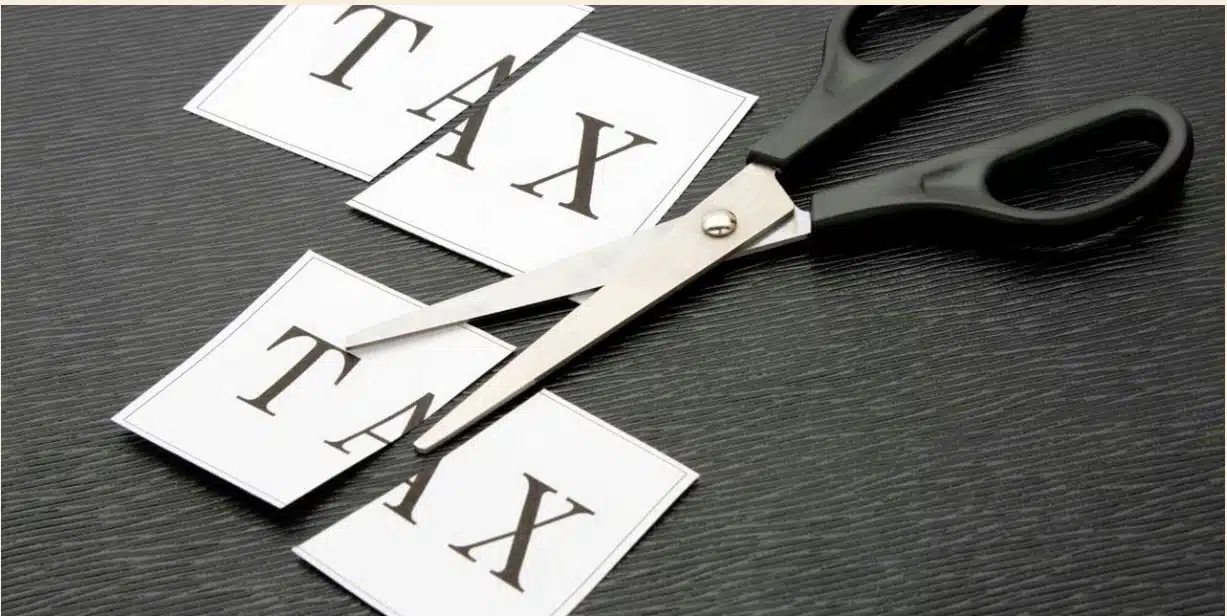The Tax Reform Bills were introduced as a means to improve the tax system which makes up about 6.7-10.8% of Nigeria’s total revenue. The bills include the Nigeria Tax Bill, which outlines the tax framework, the Tax Administration Bill to reduce disputes, the Nigeria Revenue Service Bill, which replaces the Federal Inland Revenue Service (FIRS), and the Joint Revenue Board Bill, creating a tax tribunal and ombudsman.
Many of these proposals were already in laws like the Finance Act, but the new bills attempt to bring them together and strengthen them. Here’s a timeline of key events leading to the ongoing discussions surrounding these bills:
October 3, 2024
The Tax Reform Bills were all introduced to the National Assembly. They aim to simplify tax processes, offer tax breaks for small businesses, and make filing easier.
October 28, 2024
The bills were passed for its second reading in the Senate just one week after being introduced. Senators discussed how the bills would help small businesses with tax exemptions and simplified filing.
October 29, 2024
Northern governors opposed the change to VAT distribution, which would shift to a Derivation-based model. They argued the reform wouldn’t benefit the North and other states.
December 2, 2024
The House of Representatives suspended the debate on the Tax Reform Bills indefinitely due to pressure from northern governors.
December 5, 2024
Senators from the South-South and several Civil Society Organizations (CSOs) supported the bills, seeing them as a way to boost the economy and simplify tax processes.
December 10, 2024
The Student Wing of the Coalition of Northern Groups opposed the bills, claiming they would harm education in the North and worsen current challenges.
December 10, 2024
Governor Bello Matawalle of Zamfara State warned that northern states would struggle to pay the ₦70,000 minimum wage and face financial difficulties.
December 11, 2024
The Southeast House of Representatives said they would not take a final stance on the bills until further consultations were held to ensure regional unity.
16th January 2025
The Academic Staff Union of Universities (ASUU) firmly rejected parts of the proposed Tax Administration Bill, arguing that it could weaken the Tertiary Education Trust Fund (TETFund) and negatively impact Nigeria’s education sector.
12th February 2025
The House of Representatives passed the four tax reform bills for Second Reading and referred them to the Finance Committee of the House for further legislative work, including public hearing.
This is a developing story!






